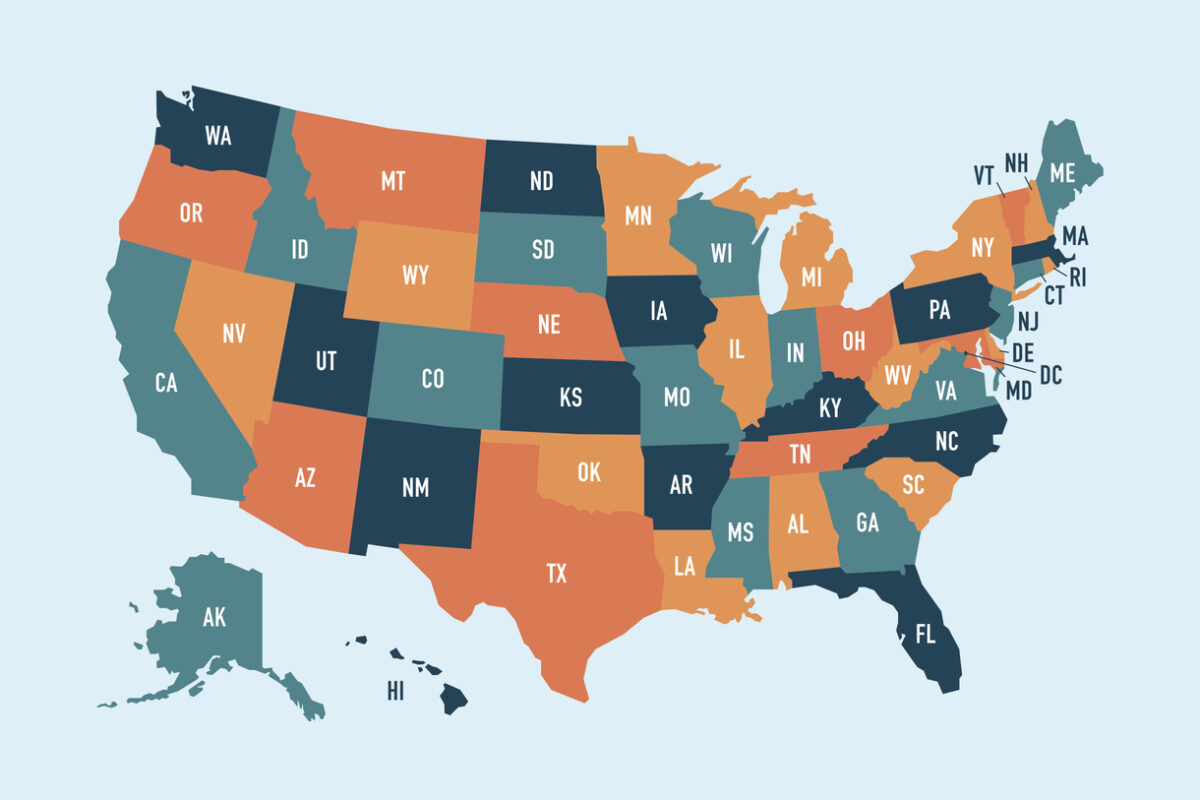Public comments to the U.S. House Ways and Means Committee’s Tax Reform Working Groups on higher education tax incentives
Published Sep 05, 2014
The Honorable Dave Camp
Chairman, House Ways and Means Committee
341 Cannon House Office Building
Washington, DC 20515
The Honorable Sander Levin
Ranking Member, House Ways and Means Committee
1236 Longworth House Office Building
Washington, DC 20515
The Honorable Diane Black
1531 Longworth House Office Building
Washington, DC 20515
The Honorable Danny Davis
2159 Rayburn House Office Building
Washington, DC 20515
April 15th, 2013
Comments: Education and Family Benefits Tax Reform Working Group
Dear Sirs and Madam:
The Institute for Higher Education Policy (IHEP) respectfully submits these public comments for the House Ways and Means Committee’s Education and Family Benefits Tax Reform Working Group. Specifically, these comments will address how to improve tax benefits related to higher education. IHEP is a non-profit, non-partisan research organization committed to promoting access to and success in higher education for all students. Based in Washington, D.C., IHEP develops innovative policy- and practice-oriented research to guide policymakers and education leaders, who develop high-impact policies that will address our nation’s most pressing education challenges.
Higher Education is More Important, and More Costly, than Ever
Higher education is a steady and powerful predictor of economic success, both for individuals and for the U.S. at large. Median annual earnings are twice as high – and unemployment rates are twice as low – for those with a bachelor’s degree than those with a high school diploma.1 Higher education is also predictor of intergenerational economic mobility: Students born into the bottom quintile of income who obtain a college degree have an 80 percent chance of moving up the economic ladder2, while nearly half of all adults born in the bottom income quintile remain in the bottom quintile without a postsecondary degree.3
As postsecondary education has become increasingly vital to participate and succeed in today’s economy, affording it has become cumbersome or impossible for many students, for several reasons…Read more.
1Bureau of Labor Statistics (2013). Usual Weekly Earnings of Wage And Salary Workers: Fourth Quarter 2012. Washington, DC: U.S.
Department of Labor.; Bureau of Labor Statistics (2013). Table 7.
Employment status of the civilian noninstitutional population 25 years and over by educational attainment, sex, race, and Hispanic or
Latino ethnicity. Washington, DC: U.S. Department of Labor.
2 Isaacs, J., Sawhill, I., and Haskins, R. (2011). Getting Ahead or Losing Ground: Economic Mobility in America. Washington, DC: The Pew
Charitable Trusts and the Brookings Institution.
3 Haskins, R., Holzer, H. and Lerman, R. (2009). Promoting Economic Mobility by Increasing Postsecondary Education. Washington, DC:
Pew Charitable Trusts.


